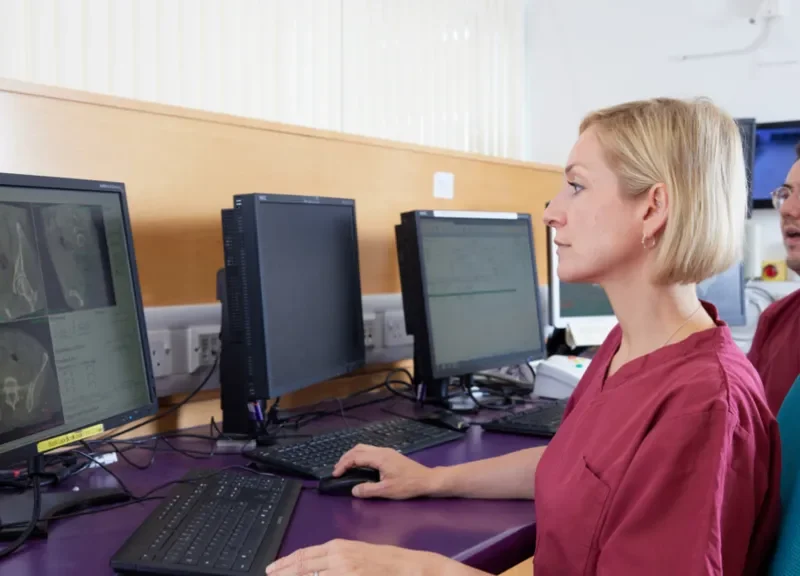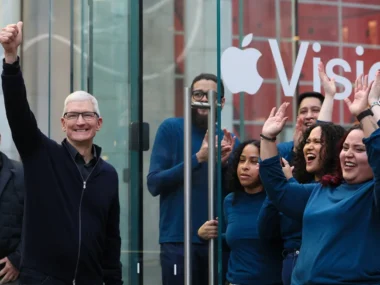Researchers seeking to enhance cancer treatment through artificial intelligence simulations of clinical trials have received £5.9 million in funding from a charity.
The grant from Cancer Research UK will support a project led by the University of Manchester and The Christie cancer hospital. The project will evaluate the effectiveness of radiotherapy treatments on “virtual” patients created from real-life data.
Professor Rob Bristow, the lead researcher, explained that these simulated trials would make research “faster, safer, and more affordable” compared to large-scale clinical studies.
The Christie hospital and Cancer Research UK were pioneers in early radiotherapy research in the 1920s. The charity explains that radiotherapy works by using X-ray radiation to kill cancer cells by permanently damaging their DNA.
Cancer Research UK reports that around 44,000 people are diagnosed with cancer annually in the north-west of England.

Martin Storey underwent life-saving radiotherapy during earlier clinical trials.
The £5.9 million funding will support the project over the next five years.
AI programs create virtual patient groups using real data, allowing treatments and devices to be tested in simulated trials. This method enables faster testing compared to traditional trials involving real patients.
The Manchester team’s research will focus on patient-specific genetics and tumors, as well as comparing a new proton beam therapy with standard radiotherapy for lung cancer patients.
Cancer Research UK awarded the grant to Manchester as one of seven “centres of excellence” in a nationwide network aimed at speeding up advancements in radiotherapy research.
Martin Storey, who received life-saving radiotherapy in a clinical trial for lung cancer after his diagnosis in 2009, expressed his happiness about the funding for treatment advancements. The retired delivery driver from Wythenshawe shared, “Not everyone survives lung cancer, and I was one of the lucky ones to go on a trial. Thanks to research, I’ve lived to become a great-grandad.”
He believes AI is the future and that using virtual trials to improve clinical trial effectiveness will help more patients survive cancer, just as he did.











